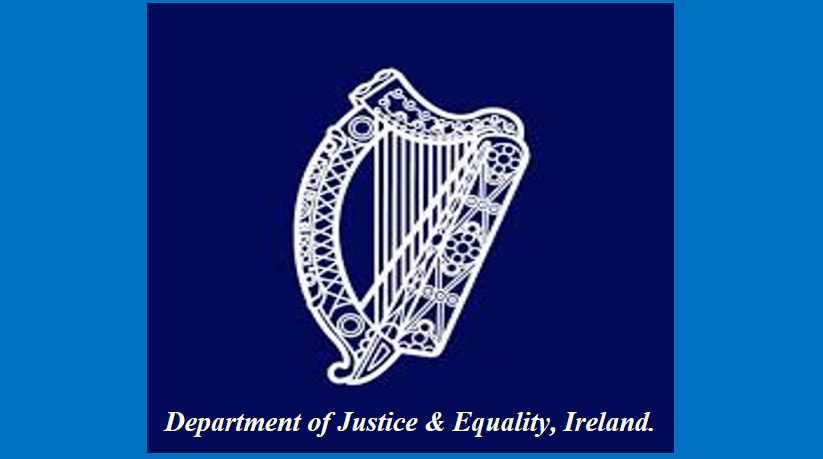Dublin, October 2025 – Minister for Justice, Home Affairs and Migration Jim O’Callaghan has announced a record €6.17 billion allocation for Ireland’s justice sector in Budget 2026 — the largest in the State’s history.
The package includes €5.78 billion in current expenditure and €390 million in capital investment, aimed at boosting Garda visibility, tackling domestic and sexual violence, expanding prison and probation capacity, and modernising the immigration and courts systems.
“Getting more Gardaí on our streets is my first priority,” said Minister O’Callaghan. “This Government is investing significantly to support the men and women who keep our communities safe.”
Policing and Public Safety
A central focus of the budget is enhanced policing, with €2.59 billion earmarked for An Garda Síochána. Funding will support:
- Recruitment of up to 1,000 new Gardaí and 200 Garda staff
- A doubling of the Garda Reserve to over 600 members
- 392,000 additional overtime hours (+13%) to ensure visible and responsive policing
A further €160 million in Garda technology includes €19 million for the national roll-out of Body Worn Cameras and €15 million for cyber security and intelligence upgrades.
Prisons, Probation, and Youth Justice
The Irish Prison Service will receive nearly €579 million, including €67.9 million in capital funding to deliver 1,595 new prison spaces by 2031. Up to 150 new staff will be recruited, with an additional 210,000 overtime hours approved.
The Probation Service receives an 11% boost, enabling the addition of 100 staff to expand community sanctions and restorative justice programmes.
Youth Diversion Projects see a €7.3 million increase, ensuring nationwide coverage to prevent youth crime and anti-social behaviour.
Combatting Domestic and Sexual Violence
Almost €80 million has been allocated to address domestic, sexual and gender-based violence, marking an 18% increase. This includes funding for:
- The expansion of Cuan (Ireland’s national DSGBV agency)
- New refuge spaces and supports
- 36 Local Community Safety Partnerships
An additional €5 million will strengthen victim support services and legal redress.
Courts, Legal Aid and Justice Reform
The Courts Service receives €214.8 million, including €71.5 million in capital investment. Construction of the Dublin Family Court complex at Hammond Lane is set to begin in late 2026.
Budget 2026 also restores Criminal Legal Aid fees with a €27 million uplift (total: €123 million) and provides:
- €8 million for Legal Aid Board modernisation
- 50% increase in funding for Free Legal Advice Centres (FLAC)
- New Criminal Justice International Cooperation Office to support EU-wide collaboration
Immigration and International Protection
With reforms aligned to the EU Migration and Asylum Pact, Budget 2026 delivers increased staffing and infrastructure across immigration and international protection services. Key measures include:
- €7.5 million for voluntary returns and deportations
- €5 million for a new international protection appeals body
- €40 million capital investment in State-owned accommodation
- A new Human Rights Monitoring Mechanism
Notably, the budget for international protection accommodation has been reduced by €170 million, reflecting lower demand and improved efficiency.
Security and Cyber Resilience
The National Cyber Security Centre sees its budget rise by over 50% to €12 million in preparation for the NIS2 Directive. A €3 million allocation will establish a National Security Authority for state clearance and compliance with EU standards.
Looking Ahead
Budget 2026 reflects a strategic shift toward prevention, visibility, and modernisation across justice services. From building new Garda stations and courts to expanding prison capacity and youth diversion, the record allocation seeks to balance enforcement with rehabilitation, public safety with rights, and responsiveness with long-term reform.
“This Budget delivers real change — safer communities, faster justice, and a fairer immigration system,” said O’Callaghan.



